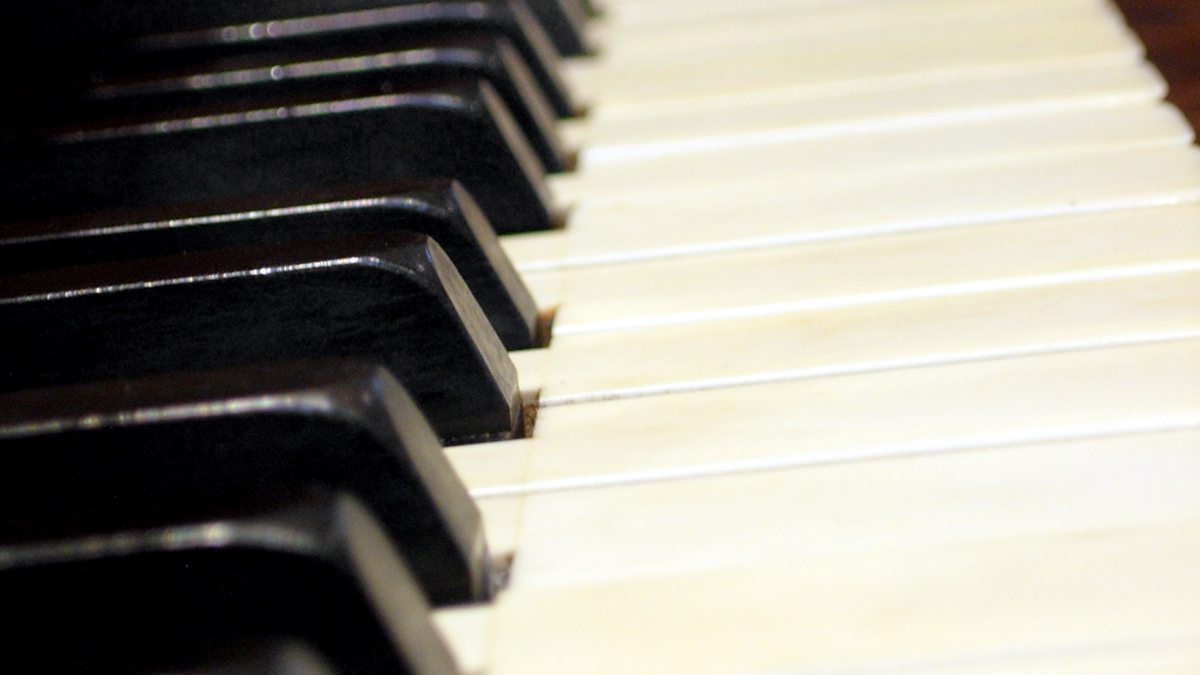So far, we've had some interesting views regarding the survival of these commisions, but I would like to introduce another aspect by asking a few questions:
I have not composed any music since I left the Royal Academy of Music (Harmony and Composition - compulsory subject), but I have composed quite a lot of poetry and follow certain rules and constraints.
For instance:
What is the purpose of writing it?
Who might read it?
What format - Sonnet, Limerick, Lines per verse, Length, Humour, Love, Agony, Despair, Frustration, For a Greetings Card? ... and so on.
and most importantly, Am I writing it because it is the only way that I can express my emotional state of mind?
So moving back to this thread:
What constraints or requirements are imposed by the BBC on a composer who is commisioned to write a new work to be included in a broadcast concert performance?
Length (Maximum/Minimum)?
Size and composition of Orchestra?
The other items scheduled to be played in the concert?
Any particular Theme for that concert(eg centenary, memorial, venue [RAH, Wigmore Hall, Hyde Park etc.])
and finally:
Who in the BBC hierarchy has the responsibilty for selecting a composer and informing him/her of the BBC's requirements?
So, back to the thread. If you know the answers to any of the above , please enlighten your fellow message boarders.
Hornspieler
I have not composed any music since I left the Royal Academy of Music (Harmony and Composition - compulsory subject), but I have composed quite a lot of poetry and follow certain rules and constraints.
For instance:
What is the purpose of writing it?
Who might read it?
What format - Sonnet, Limerick, Lines per verse, Length, Humour, Love, Agony, Despair, Frustration, For a Greetings Card? ... and so on.
and most importantly, Am I writing it because it is the only way that I can express my emotional state of mind?
So moving back to this thread:
What constraints or requirements are imposed by the BBC on a composer who is commisioned to write a new work to be included in a broadcast concert performance?
Length (Maximum/Minimum)?
Size and composition of Orchestra?
The other items scheduled to be played in the concert?
Any particular Theme for that concert(eg centenary, memorial, venue [RAH, Wigmore Hall, Hyde Park etc.])
and finally:
Who in the BBC hierarchy has the responsibilty for selecting a composer and informing him/her of the BBC's requirements?
So, back to the thread. If you know the answers to any of the above , please enlighten your fellow message boarders.
Hornspieler


Comment